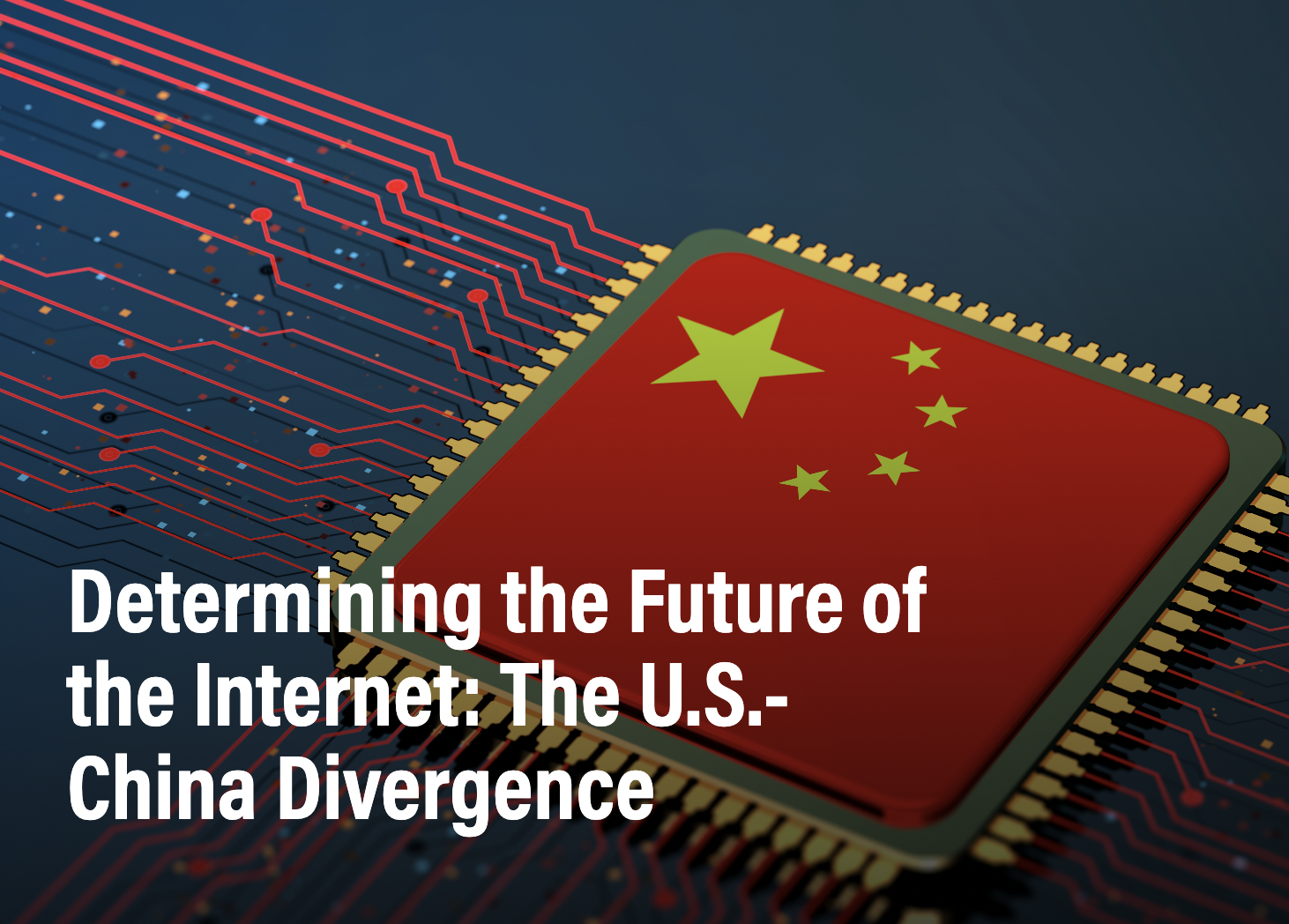Determining the Future of the Internet: The U.S.-China Divergence
When protests broke out in China in response to severe, and sometimes fatal, COVID-19 lockdowns, blank sheets of A4 paper became the dominant symbol of dissent, appearing in the streets of Chinese cities and at solidarity protests around the world. Their digital analog, a visual rendering of a white square (akin to the solid black square used by the #BlackLivesMatter movement), came to represent protests against not just China’s zero-COVID policy but the Chinese government’s speech control regime; the white square was, at least temporarily, a censor-proof anti-censorship symbol. The square’s blankness cultivated versatility: Each individual could fill it with their own unwritten objections. This creative, evasive, multipurpose tool is representative of efforts to resist China’s tightening online discourse environment. The 2023 New Year celebration campaign of the Cyberspace Administration of China (CAC), which asked netizens to submit online examples of “positive energy” (正能量) throughout 2022 — an arduous year in which millions of Chinese faced lockdowns — belied an intentional reluctance to read the room.
While its implementation has been far from seamless, speech control in China should not be understood as the ad hoc impulses of aggrieved authorities. In times of crisis, repression can be reactive. But, unlike less advanced censorship regimes elsewhere in the world, Chinese censorship is not limited to reactivity. Its ultimate ambition, intended to unfold in the coming decades, is to implement a grand strategy for creating, guiding, and rewarding online discourse that is favorable to the leadership and legitimacy of the Chinese Communist Party (CCP). To achieve such an ambitious goal, censorship is insufficient. The Chinese government is also cultivating an internet that offers a deluge of “positive energy” that is free from “harmful information,” supportive of the government, and capable of fostering economic growth. Recent technology policy documents, such as the State Council’s white paper titled “Jointly Build a Shared Future in Cyberspace,” frame the discussion of values on the internet in terms that are conspicuously amenable to CCP rule: “Cyberspace, like the real world, values both freedom and order. Freedom is the purpose of order, and order is the guarantee of freedom.”
Full paper available here.
